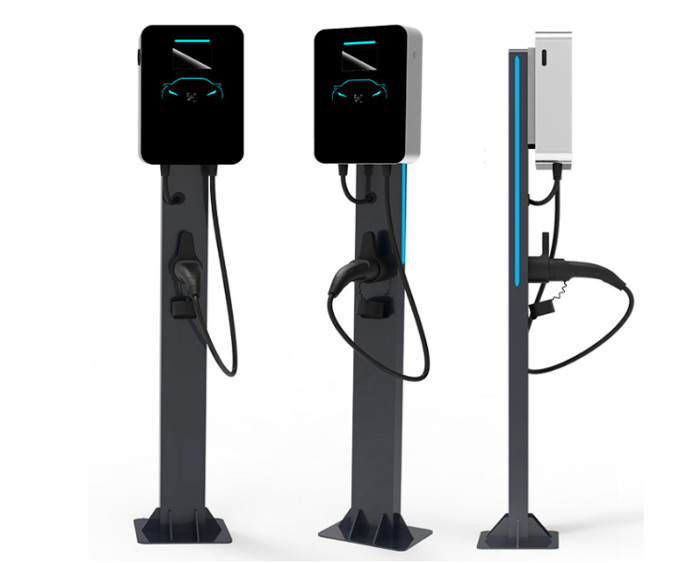
As the world shifts towards a more sustainable future, the demand for electric vehicles (EVs) is steadily increasing. With this rise in popularity, it becomes crucial to develop efficient charging infrastructure to support the growing number of EV users. In this regard, Electric Vehicle DC Charging Stations have emerged as a game-changer, revolutionizing the way EVs are charged. This article explores the significance, features, and benefits of these charging stations.
1. Reliable and Rapid Charging:
Electric Vehicle DC Charging Stations offer faster charging times compared to alternative charging options. With DC charging technology, vehicles can be charged within a matter of minutes instead of hours. This rapid charging capability makes EVs more convenient and practical for users.
2. High Power Output:
DC charging stations provide high power output, enabling vehicles to charge at a faster rate. With power levels ranging from 50kW to even 350kW, these charging stations cater to a wide range of EVs, ensuring compatibility and efficient charging for all users.
3. Universal Compatibility:
Electric Vehicle DC Charging Stations are designed to support various charging standards such as CHAdeMO, CCS, and GB/T. This versatility ensures that all electric vehicle models can efficiently connect and charge, eliminating the need for multiple charging interfaces.
1. Reduced Greenhouse Gas Emissions:
As EVs are powered by electricity, DC charging stations play a crucial role in reducing greenhouse gas emissions. By promoting the use of electricity from renewable sources, these charging stations contribute to a cleaner and greener environment.
2. Integration with Renewable Energy:
DC charging stations can be integrated with renewable energy sources such as solar and wind power. This integration maximizes the utilization of renewable energy and further reduces the carbon footprint of EV charging.
3. Decreased Reliance on Fossil Fuels:
By facilitating rapid and efficient charging, DC charging stations help reduce reliance on fossil fuels. As more EVs adopt these stations, the demand for traditional fuel stations will decrease, leading to a significant reduction in fossil fuel consumption.
1. Increasing Number of Charging Stations:
With the increasing popularity of EVs, the need for a robust charging infrastructure is paramount. Governments, businesses, and communities should collaborate to establish a wide network of DC charging stations, ensuring convenient access for EV drivers across urban and rural areas.
2. Advanced Charging Technologies:
Continued research and development in DC charging technology will lead to even faster charging speeds and improved efficiency. Innovations like bi-directional charging, vehicle-to-grid integration, and wireless charging will further enhance the EV charging experience.
3. Standardization and Interoperability:
Efforts should be made to establish global standards for EV charging infrastructure, promoting interoperability between different charging networks and vehicle manufacturers. Standardization will eliminate compatibility issues and ensure a seamless charging experience for all EV users.
Electric Vehicle DC Charging Stations are revolutionizing the way EVs are charged, offering rapid charging, compatibility, and environmental benefits. As the world embraces sustainability, the expansion and improvement of these charging stations are vital. With collaborative efforts, we can create a future where EV drivers have convenient access to reliable and efficient charging infrastructure, accelerating the transition towards a greener tomorrow.